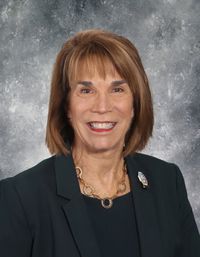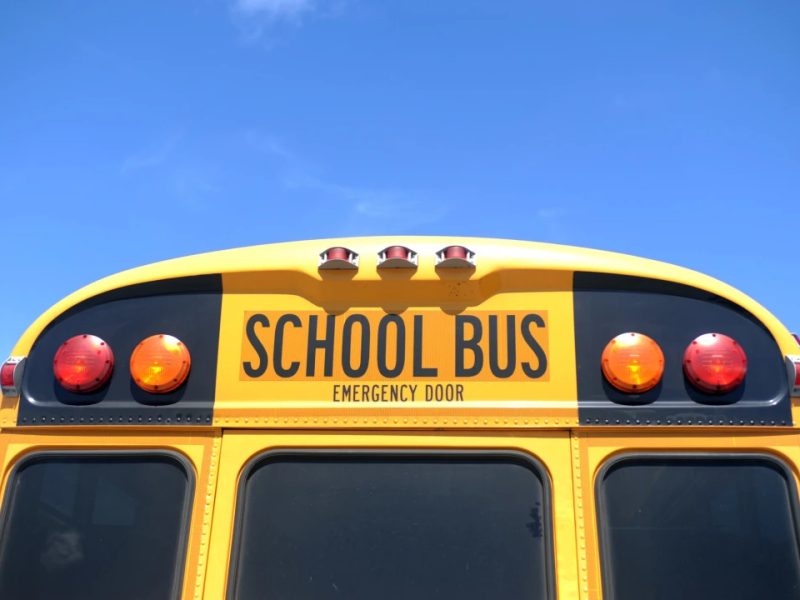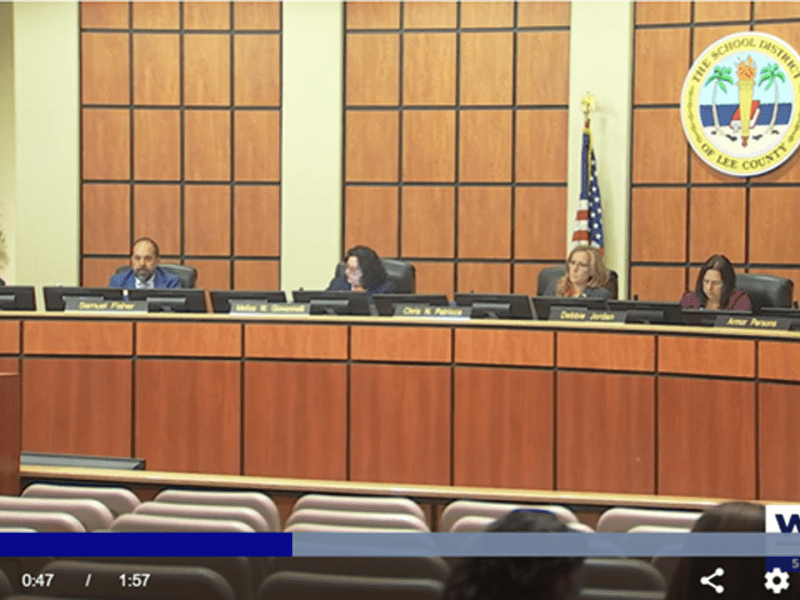Hillsborough’s charter school growth challenged by new board members
How hard will they push back against Florida’s school choice agenda?
Tampa Bay Times | by Marlene Sokol | January 14, 2021
TAMPA — They campaigned on a platform to protect the public schools.
Now some Hillsborough County School Board members are looking for ways to change the way they deal with charter schools — those privately managed, yet publicly funded institutions that sign up tens of thousands of Hillsborough public school students every year.
A workshop is planned. And two new board members are asking pointed questions about charters, and how readily they are welcomed into the $3 billion school system.
“Our board has taken a new shape,” said Jessica Vaughn, one of the new members, during a heated discussion at Tuesday’s board meeting. “It’s important to have these conversations.”
The options are many.
The board can take an anti-charter stance when applications for the schools come before them for approval, although they would risk incurring steep legal fees under a state system that considers charters an important component of school choice.
They can lobby in Tallahassee for more authority to approve or deny schools.
Some would like to see the board more involved in the vetting process, which now happens entirely at staff level. Others would like to provide the public with more disclosure about what they see as deficiencies in many charter schools.
Tuesday’s discussion, which degenerated into members calling each other “thin skinned” and “disrespectful,” began when new member Nadia Combs questioned a routine vote to consolidate four planned school projects into two.

The charter provider, IDEA of Texas, had already been approved by the state under a new system called “Schools of Hope,” which offers alternatives for communities served by long-struggling public schools. Two K-12 schools are set to open in August near the Oak Park and Robles elementary schools in north Tampa. A third is planned for 2022 in the Mango area. If fully built out according to the IDEA model, the three could ultimately serve about 4,000 students.
The board had no authority to block the schools without incurring large financial penalties, and the consolidation was essentially a record-keeping function.
But Combs wanted the public to know about published reports of luxury travel by IDEA’s executives. She wanted to know how state officials reacted to those reports.
And she had generalized complaints about the district’s posture toward charter schools. “It seems to me that Hillsborough County, I look at the last five years of charter, and we have approved everything,” she said. “We made it so easy.”
The reality, attorney Jim Porter and several board members told Combs, is that many charter applications are withdrawn after they are reviewed by staff and before they can come before the board. Last year three out of six met that fate. In other districts, boards reject charter applications in full public view. They also told her some of her complaints — for example, that charter applications might not include a curriculum, or even a school location — are a matter of state law.

Charter school opponents, however, are looking at the big picture.
Each year, charters attract a larger share of the public school market. This year they have more than 30,000 students, which is almost 15 percent of the total district enrollment. An estimated $225 million in state money follows the students, leaving less to pay the fixed costs of district-run schools. District leaders have stated at times that the exodus to charters is one reason Hillsborough faces a budgetary crisis so severe the state might have to step in and take over.
Fifty-two charters now serve Hillsborough students, ranging from East Tampa Academy, with 48 students in grades kindergarten, 1 and 2, to Winthrop, a K-8 school in Bloomingdale with more than 1,300 enrolled.
And more are on the way.
In addition to the IDEA schools, seven more charter applications were approved locally in recent years, but have not opened, according to district records. The district also has received 10 more letters of intent for more schools that wish to apply this year — a step that is recommended not required.
As school operators often struggle to find suitable locations, it is impossible to know how many will materialize.
Lynn Gray, the board’s chairwoman, has made charter schools an issue since she was elected in 2016. At times she was the lone vote against charter applications. She picked some of them apart publicly, saying they do not serve lower-income students or non-English speakers in the way district-run schools do.
Gray said last week that she still has concerns. But she’s also mindful of the district’s budgetary problems, which argue against taking on expensive legal battles.
Consequences are especially severe if the district interferes with a Schools of Hope project. The way the law is written, the state can withhold much of the money districts receive in administrative fees, which pays for their oversight work. Those fees, for Hillsborough, exceeded $3 million last year.
Gray said she is scheduling a board workshop where members can discuss the charter issue, and the options available to them. She and Combs said they hope the incoming Biden administration will be less charter-friendly than the Trump White House was.
In the more immediate future, Gray suggested calling for a change that would give board members more say in the charter approval process, instead of allowing them only a final, largely ceremonial, vote.
“I would like for the candidates to give the board a chance to ask questions,” she said. “We shouldn’t be shut out.”
Photo: Waterset Charter School in Apollo Beach serves more than 1,100 students. More than 30,000 Hillsborough County students are learning at charter schools, which use public money but are operated outside the school system. [ Courtesy of Waterset Charter ]






